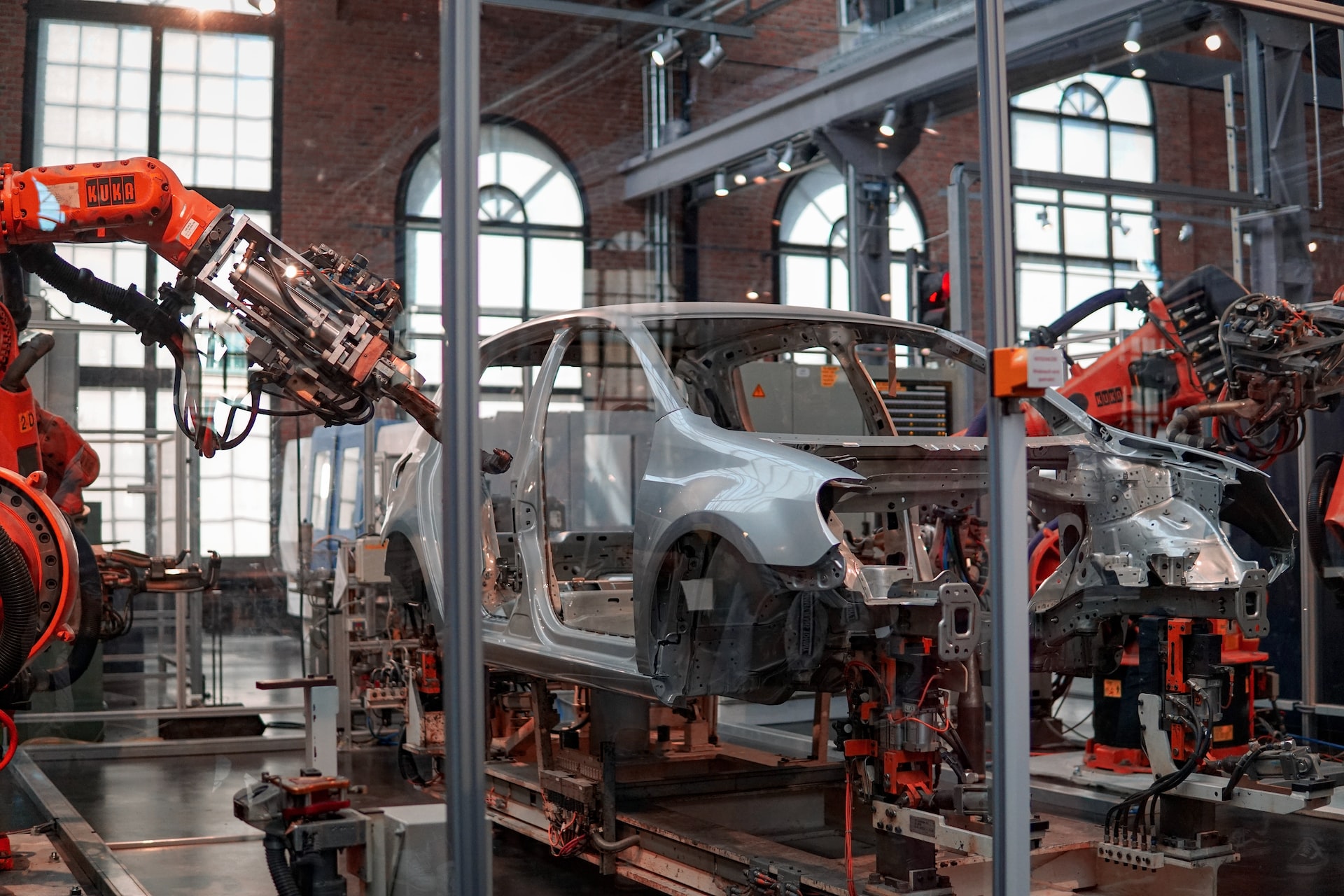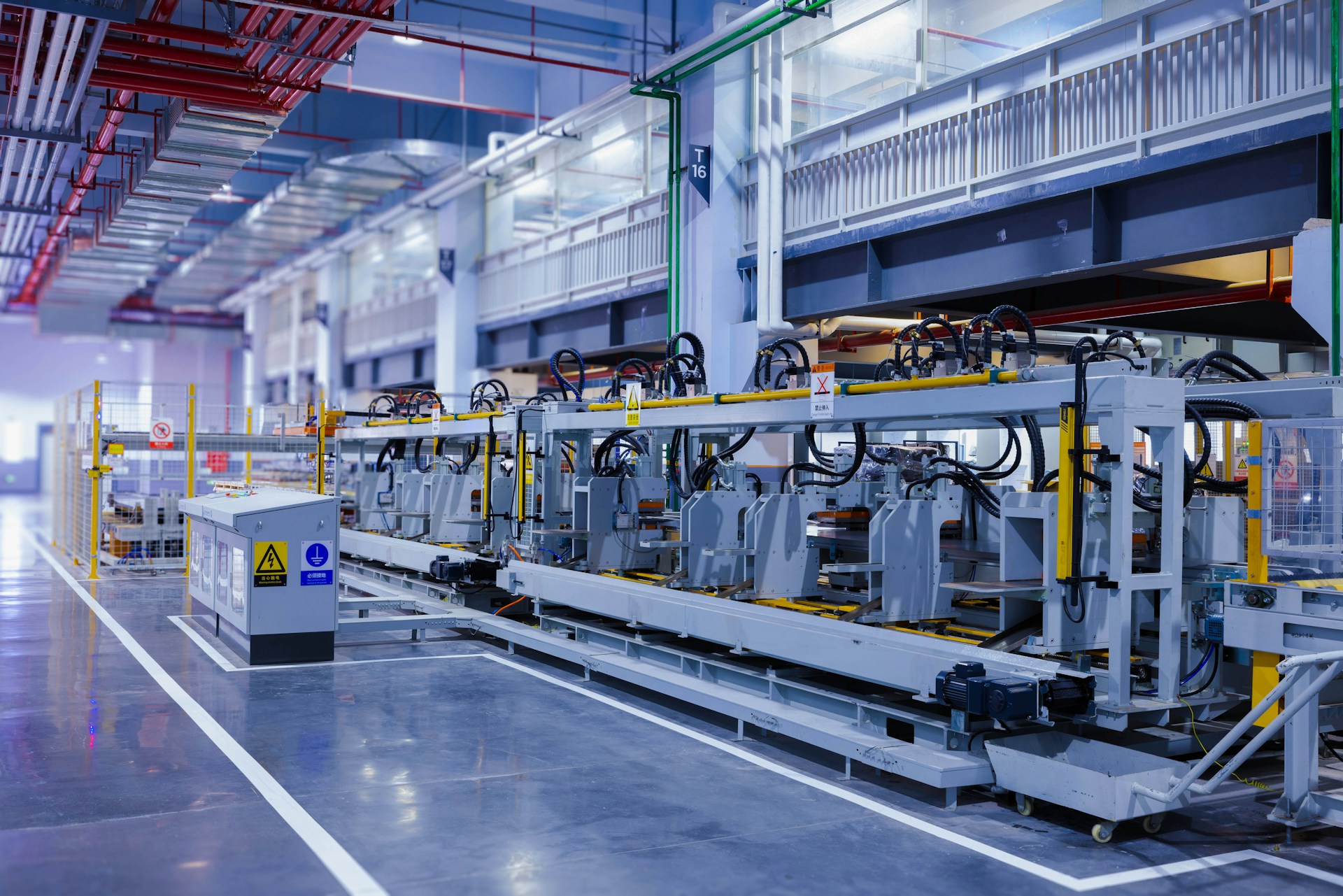Using Tech for Socio-economic Gains
Disruptive technologies can fundamentally change the way markets operate, often by introducing new products, services or business models that disrupt traditional market structures.
Disruptive technologies are often characterized by being innovative, more efficient, and cost-effective than existing technologies or products, and they can create new markets or transform existing ones. For example, the internet and the smartphone disrupted a wide range of industries, from retail to media to transportation, by introducing new ways of doing business and connecting with customers.
In 2022, the percentage of internet users and mobile phone users globally increased by 1.9% and just over 3% respectively. In early 2023, a total of 5.44 billion people used mobile phones equating to 68% of the global population; while 64.4% of the world’s population is now online.
Disruptive technologies can also pose a threat to existing businesses that are slow to adapt to change. Companies that fail to embrace disruptive technologies risk being left behind by more nimble competitors who are better equipped to take advantage of new market opportunities.
COVID-19 was a prime example of how businesses that had already embraced digitization, bounced back quicker from the effects of the pandemic.
Overall, disruptive technologies have the power to reshape entire industries, and companies that want to stay competitive need to be aware of the potential impact of these technologies on their markets and business models.
Emerging Technologies
There are several emerging technologies with the potential to transform post-COVID society, economy, and industries. Here are some of the most important ones:
- Artificial Intelligence (AI) has the potential to revolutionize a wide range of industries, from healthcare to finance to manufacturing. In the post-COVID world, AI can be used to automate processes, enable remote work, and improve efficiency and productivity.
- 5G connectivity has the potential to transform the way we live, work, and communicate. With faster and more reliable connectivity, 5G can enable the widespread adoption of emerging technologies like IoT and AR/VR.
- IoT technology can help connect various devices and appliances, enabling a more seamless and efficient lifestyle. With the advent of smart homes and smart cities, IoT technology can help people work and live remotely, and commute seamlessly, while communicating in real-time with connected cars and utilities in the city. In a post-COVID world, IoT can help reduce the need for physical contact.
- Blockchain technology has the potential to transform industries such as finance, healthcare, and supply chain management. In a post-COVID world, blockchain can enable more secure and efficient transactions and data management.
- Robotics and automation technologies are already making a ripple in the manufacturing sector, ushering in the 4th Industrial Revolution. Robotics and automation can also help improve efficiency and productivity in a wide range of industries. It can also help reduce physical contact and enable remote work, which has become essential in a post-COVID world.
Overall, emerging technologies have the potential to transform the post-COVID society, economy, and industries in numerous ways. As businesses and governments adapt to the new normal, they will need to keep up with the disruptions brought about by emerging technologies to stay competitive and resilient.
Dual Benefit
Investing in certain emerging technologies can yield benefits for both the society and the economy. Investing in AI is already resulting in AI-powered medical diagnosis tools that are helping doctors make more accurate diagnoses. Some health experts consider AI to be integral not just in managing the process of creating boosters for COVID-19 variants, but also for the distribution of the vaccine.
Meanwhile, we can see the power of AI being manifested through autonomous vehicles and assembly robots, and even as chatbots that are rewriting the norms around customer engagement.
Emerging clean technologies, such as carbon capture and storage and advanced energy storage, can help reduce greenhouse gas emissions and increase the efficiency of energy production and use. “Carbon capture and storage is going to be the only effective way we have in the short term to prevent our steel industry, cement manufacture and many other processes from continuing to pour emissions into the atmosphere,” said Professor Stuart Haszeldine, of Edinburgh University. He further added that, “if we are to have any hope of keeping global temperature [increases] down below 2°C then we desperately need to develop ways to capture and store carbon dioxide.”
It is, however, equally important to understand that emerging technologies are a double-edged sword. Governments and businesses will need to consider the potential ethical and social implications of emerging technologies and invest in them responsibly.
Photo Caption: New and emerging technologies open up a plethora of opportunities.



